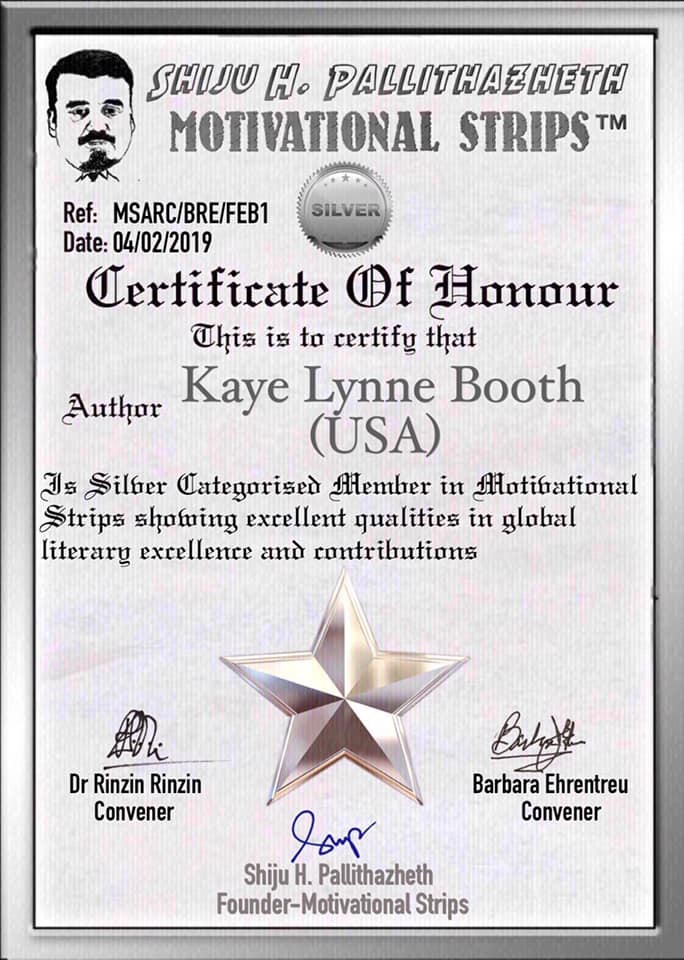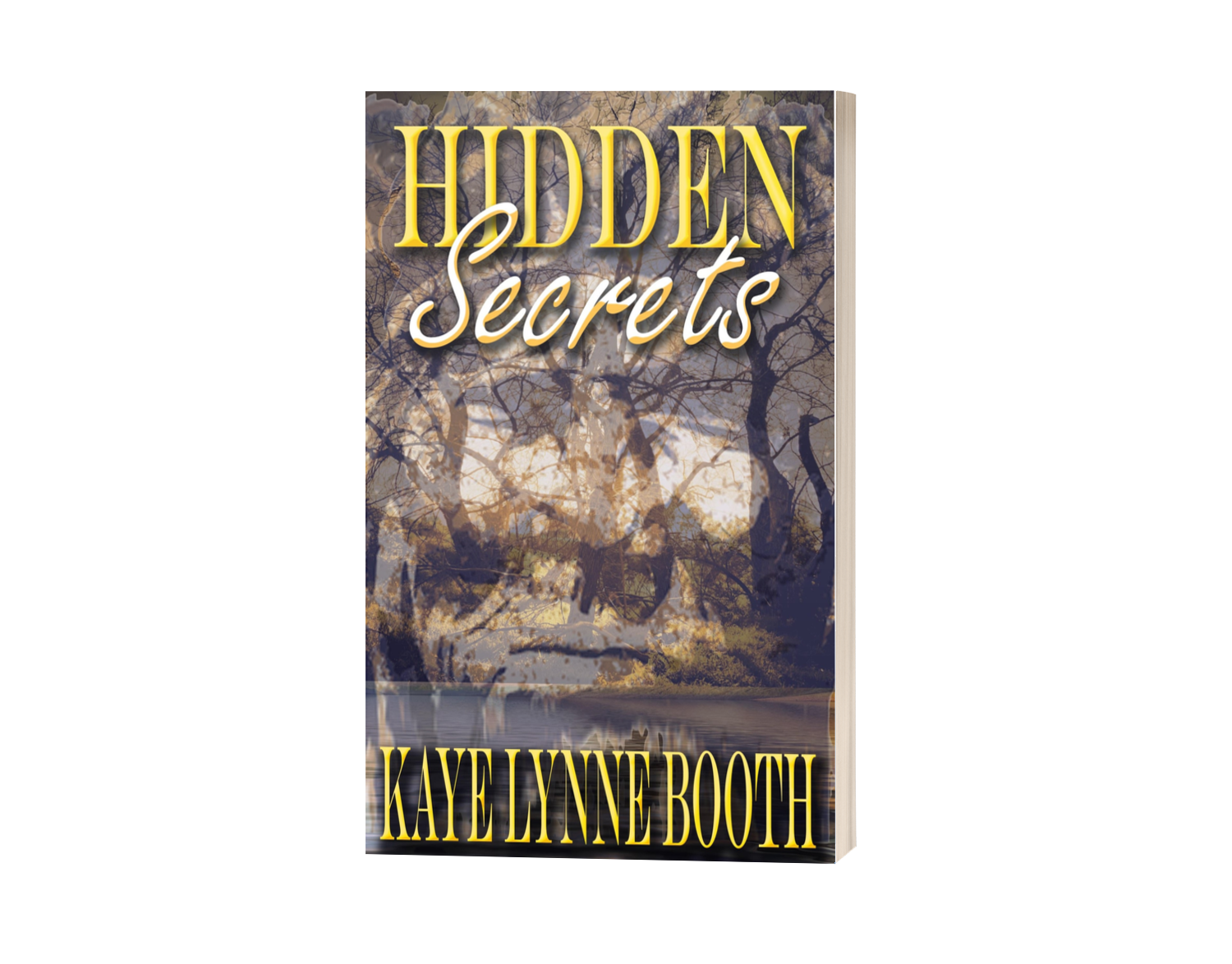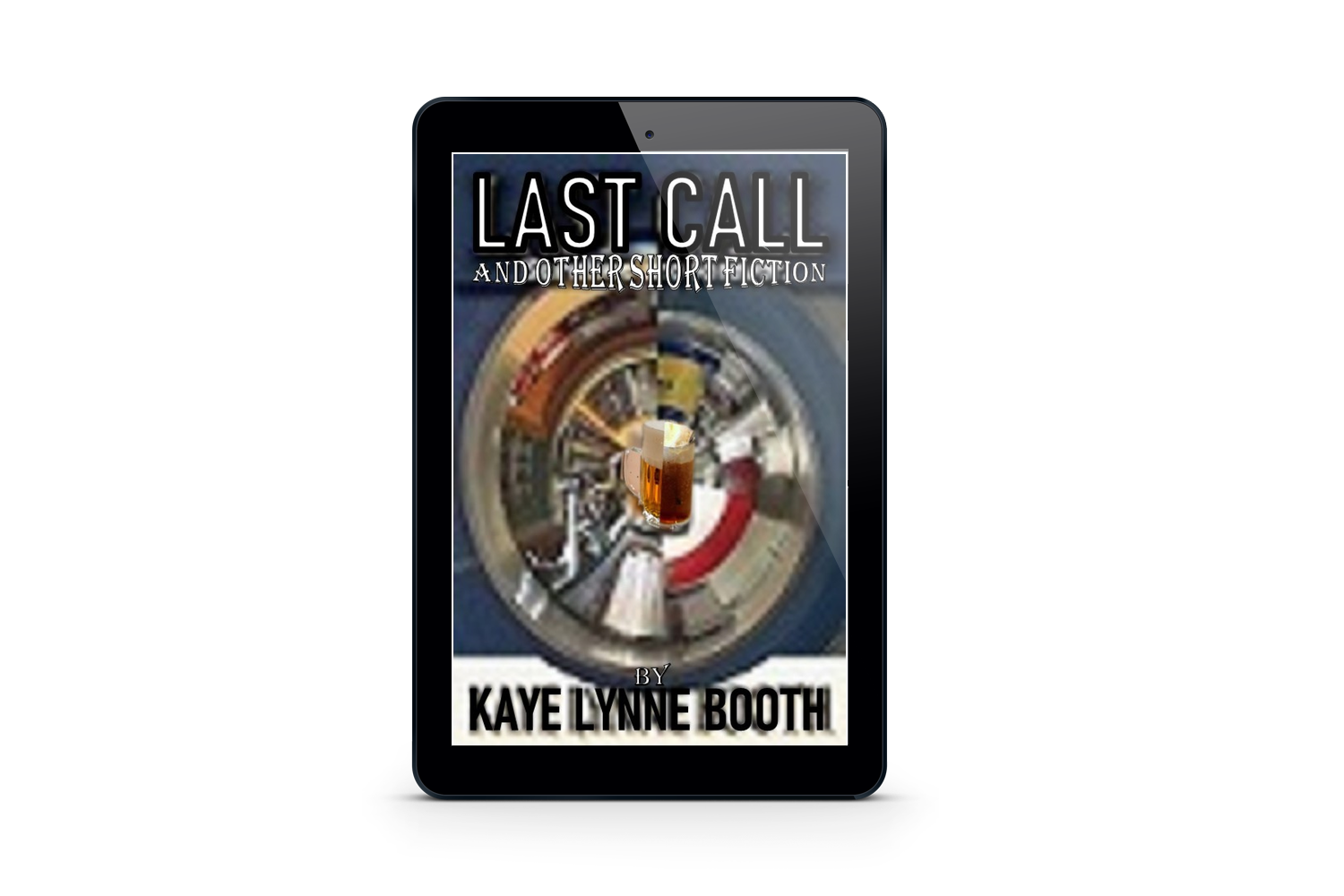The Many Faces of Poetry: Two Important Poets
Posted: December 26, 2018 Filed under: Poetry, The Many Faces of Poetry, Uncategorized, Writing | Tags: Art Rosch, Poetry, The Many Faces of Poetry, Writing to be Read 1 Comment
I did most of my poetry reading between the ages of sixteen and twenty one. I was in love with a girl who loved poetry. Otherwise, for the next several decades I neglected poetry. It was an occasional pleasure. Lately, however, I have been rediscovering poetry. If you want to read today’s poets head for the online magazine “Across The Margin” (acrossthemargin.com). ATM publishes living poets and prose writers. I am, fortunately, online buds with the editors Michael Fisher and Chris Thompson. As curators of such a venue, they are brilliant. They bring together some of the best writers of our times. While I’m throwing out resources, I must also mention the uber-poetry web empire PoemHunters.com
As an adolescent I was drawn to the work of Federico Garcia Lorca and Rainer Maria Rilke. Their influence yet remains with me. They occupy special seats in the Poets’ Pantheon. Lorca, who was mired in the political confusion surrounding the Spanish Civil War, was assassinated in 1936. He is now a Spanish national treasure. Extensive searches for his grave have failed to find his remains. He was thirty eight when he drew his final breath. No one knows who murdered him. The Fascists blame the Communists and the communists blame the Fascists. Hey, it was Spain in the thirties.
Here is one of his poems. As a Spaniard and member of what was called “The Generation Of ’27”, he was inspired and surrounded by surrealists.
in the sky there is nobody asleep. Nobody, nobody.
Nobody is asleep.
The creatures of the moon sniff and prowl about their cabins.
The living iguanas will come and bite the men who do not dream,
and the man who rushes out with his spirit broken will meet on the
street corner
the unbelievable alligator quiet beneath the tender protest of the
stars.
Nobody is asleep on earth. Nobody, nobody.
Nobody is asleep.
In a graveyard far off there is a corpse
who has moaned for three years
because of a dry countryside on his knee;
and that boy they buried this morning cried so much
it was necessary to call out the dogs to keep him quiet.
Life is not a dream. Careful! Careful! Careful!
We fall down the stairs in order to eat the moist earth
or we climb to the knife edge of the snow with the voices of the dead
dahlias.
But forgetfulness does not exist, dreams do not exist;
flesh exists. Kisses tie our mouths
in a thicket of new veins,
and whoever his pain pains will feel that pain forever
and whoever is afraid of death will carry it on his shoulders.
One day
the horses will live in the saloons
and the enraged ants
will throw themselves on the yellow skies that take refuge in the
eyes of cows.
Another day
we will watch the preserved butterflies rise from the dead
and still walking through a country of gray sponges and silent boats
we will watch our ring flash and roses spring from our tongue.
Careful! Be careful! Be careful!
The men who still have marks of the claw and the thunderstorm,
and that boy who cries because he has never heard of the invention
of the bridge,
or that dead man who possesses now only his head and a shoe,
we must carry them to the wall where the iguanas and the snakes
are waiting,
where the bear’s teeth are waiting,
where the mummified hand of the boy is waiting,
and the hair of the camel stands on end with a violent blue shudder.
Nobody is sleeping in the sky. Nobody, nobody.
Nobody is sleeping.
If someone does close his eyes,
a whip, boys, a whip!
Let there be a landscape of open eyes
and bitter wounds on fire.
No one is sleeping in this world. No one, no one.
I have said it before.
No one is sleeping.
But if someone grows too much moss on his temples during the
night,
open the stage trapdoors so he can see in the moonlight
the lying goblets, and the poison, and the skull of the theaters.
Rainer Maria Rilke was born into a middle class family in 1875. The family was highly dysfunctional, as are the families of 99 percent of every artist in Earth’s history. Rilke had the good sense to hang out with the most illustrious artists of any age. He was, for a while, Auguste Rodin’s secretary. He lived the life of a poet during the height of the Romantic era. His life was no piece of cake. He was drafted into the Austro/Hungarian Army at the outbreak of World War One. It took two years for his influential friends to free him from possible slaughter in the trenches. He did, however, have such friends. He wrote in a variety of media, including some four hundred poems.
This is Rilke.
At The Brink Of Night
My room and this distance,
awake upon the darkening land,
are one. I am a string
stretched across deep
surging resonance.
Things are violin bodies
full of murmuring darkness,
where women’s weeping dreams,
where the rancor of whole generations
stirs in its sleep . . .
I should release
my silver vibrations: then
everything below me will live,
and whatever strays into things
will seek the light
that falls without end from my dancing tone
into the old abysses
around which heaven swells
through narrow
imploring
rifts.
A Midwesterner by birth, Arthur Rosch migrated to the West Coast just in time to be a hippie but discovered that he was more connected to the Beatnik generation. He harkened back to an Old School world of jazz, poetry, painting and photography. In the Eighties he received Playboy Magazine’s Best Short Story Award for a comic view of a planet where there are six genders. The timing was not good. His life was falling apart as he struggled with addiction and depression. He experienced the reality of the streets for more than a decade. Putting himself back together was the defining experience of his life. It wasn’t easy. It did, however, nurture his literary soul. He has a passion for astronomy, photography, history, psychology and the weird puzzle of human experience. He is currently a certified Seniors Peer Counselor in Sonoma County, California. Come visit his blogs and photo sites. www.artrosch.com and http://bit.ly/2uyxZbv.
Want to be sure not to miss any of Art’s The Many Faces of Poetry segments? Subscribe to Writing to be Read for e-mail notifications whenever new content is posted or follow WtbR on WordPress.















These are both fabulous poems, Art. sharing.
LikeLiked by 1 person